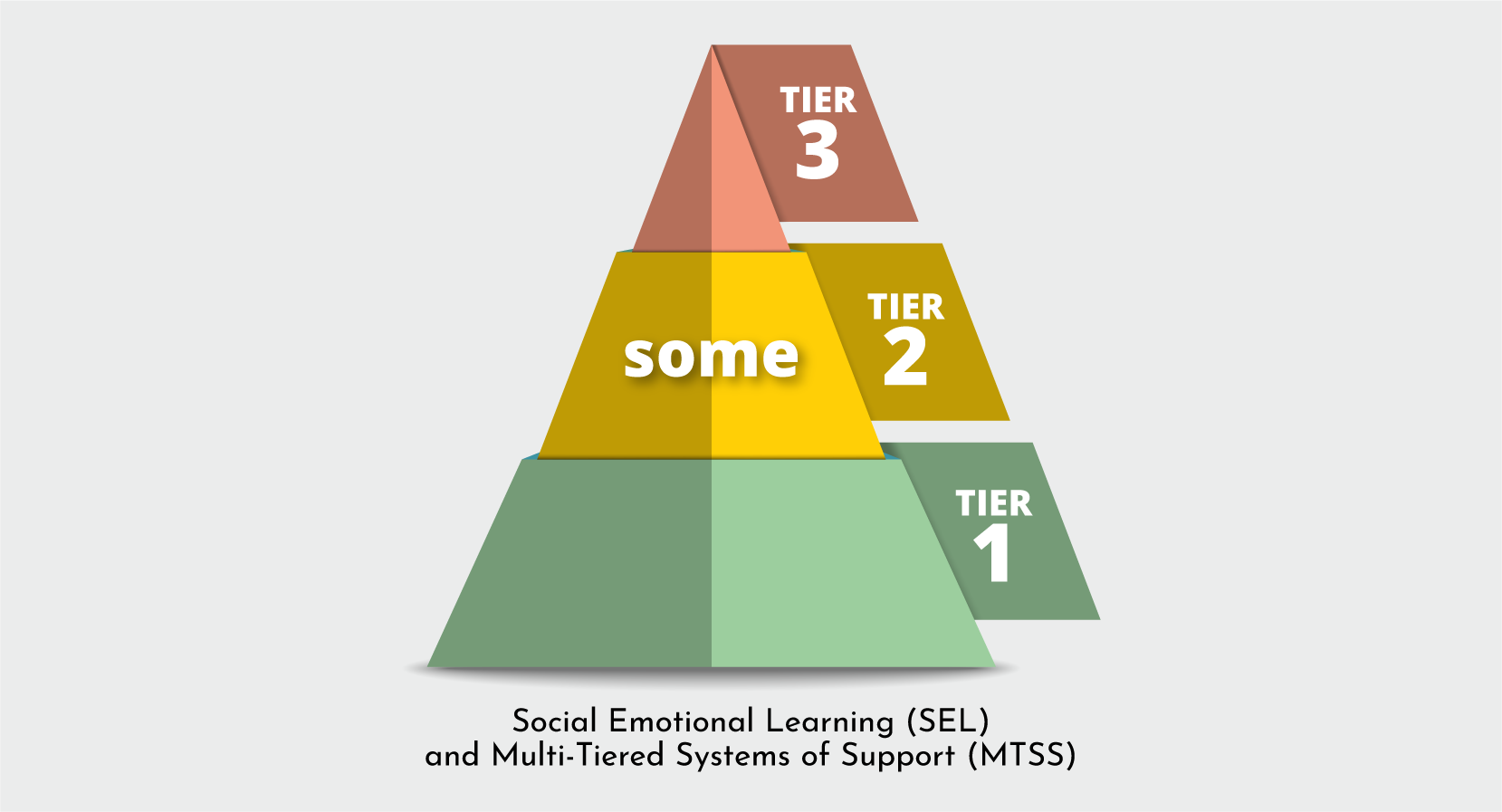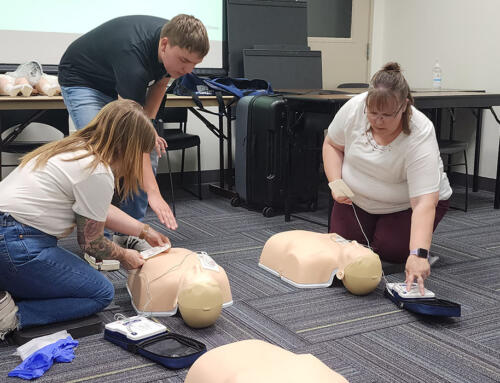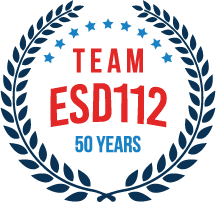Adapted from Elizabeth Moore, Regional Behavioral Health Educator NCESD
The Ask Suicide-Screening Questions (ASQ) Toolkit
The Ask Suicide-Screening Questions (ASQ) Toolkit is a free resource, downloadable from the NIMH site and very quick to use.
The National Institute of Mental Health (NIMH) explains that an affirmative answer to even one of the four initial questions is a very strong predictor of suicide risk.
Any staff member can use the ASQ with individual students, with district discretion. Of course, those students who screen positive should be accompanied immediately to a nurse or counselor.
The ASQ was originally developed for medical settings, but is usable in academic and other settings, as well. Initially, the tool was validated for use with children eight years of age and older (no tool has been validated for children younger than eight years). The ASQ has now been validated for adults.
Columbia Suicide Severity Rating Scale (C-SSRS)
Also free, quick and easy to use is the C-SSRS. In addition to the one pager available for downloading or printing, a free smartphone app is available.
The Columbia Lighthouse Project, creator of the C-SSRS, offers training on the C-SSRS at no charge but makes clear that training is not required, and no mental health experience is necessary to use the tool. SAMHSA states that the C-SSRS “can be administered quickly in the field by responders with no formal mental health training, and it is relevant in a wide range of settings and for individuals of all ages.”
School counselors, nurses and others may wish to incorporate the C-SSRS into their schools’ suicide prevention strategy and designate which staff they feel most comfortable assigning to administer the tool.
As with any suicide assessments, keep in mind ASCA’s guidance around the danger of quantifying the lethality of suicide into categories of low, medium and high risk based on a student’s self-report. There is harm in quantifying a student as low risk.





 ESD 112 equalizes educational opportunities for learning communities through innovative partnerships, responsive leadership, and exceptional programs.
ESD 112 equalizes educational opportunities for learning communities through innovative partnerships, responsive leadership, and exceptional programs.